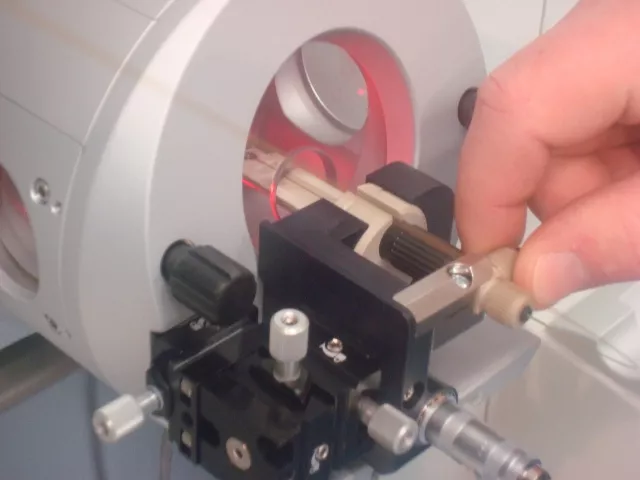The main research areas of the group are chemical biology, functional proteomics and cancer biomarker research. The search for new therapies for cancer builds on the idea of drug re-profiling which is the search for novel uses of existing drugs. Many drugs have side effects, both wanted and unwanted. Until now, "positive side-effects" were mostly detected by chance in the clinic. The Kuster research team consisting of biologists, chemists, proteome and computer scientists are systematically profiling existing approved drugs for novel potential uses on a proteome-wide scale for which the novel mass spectrometer is a vital piece of research infrastructure. In addition, the equipment will find application in more fundamental studies such as protein-protein interactions which may shed light on the molecular basis for lung and pancreas cancer.
Prof. Küster also expects crucial improvements in the field of cancer biomarker research by combining affinity-biochemical methods and high-performance mass spectrometry. Biomarkers provide measurable parameters for diagnosis, progression and prognosis of disease. However, because not every patient responds to a therapeutic regimen in the same way, the research group wants to find highly sensitive and selective biomarkers to enable a more individualized approach to cancer therapy . Bernhard Küster counts on multidisciplinarity: The composition of the team reflects this philosophy and he is also a member of the faculty of medicine to be able to analyze open questions from different perspectives. With the acquisition of the new equipment, the research group is technically and scientifically ready for a new chapter in proteome research.
